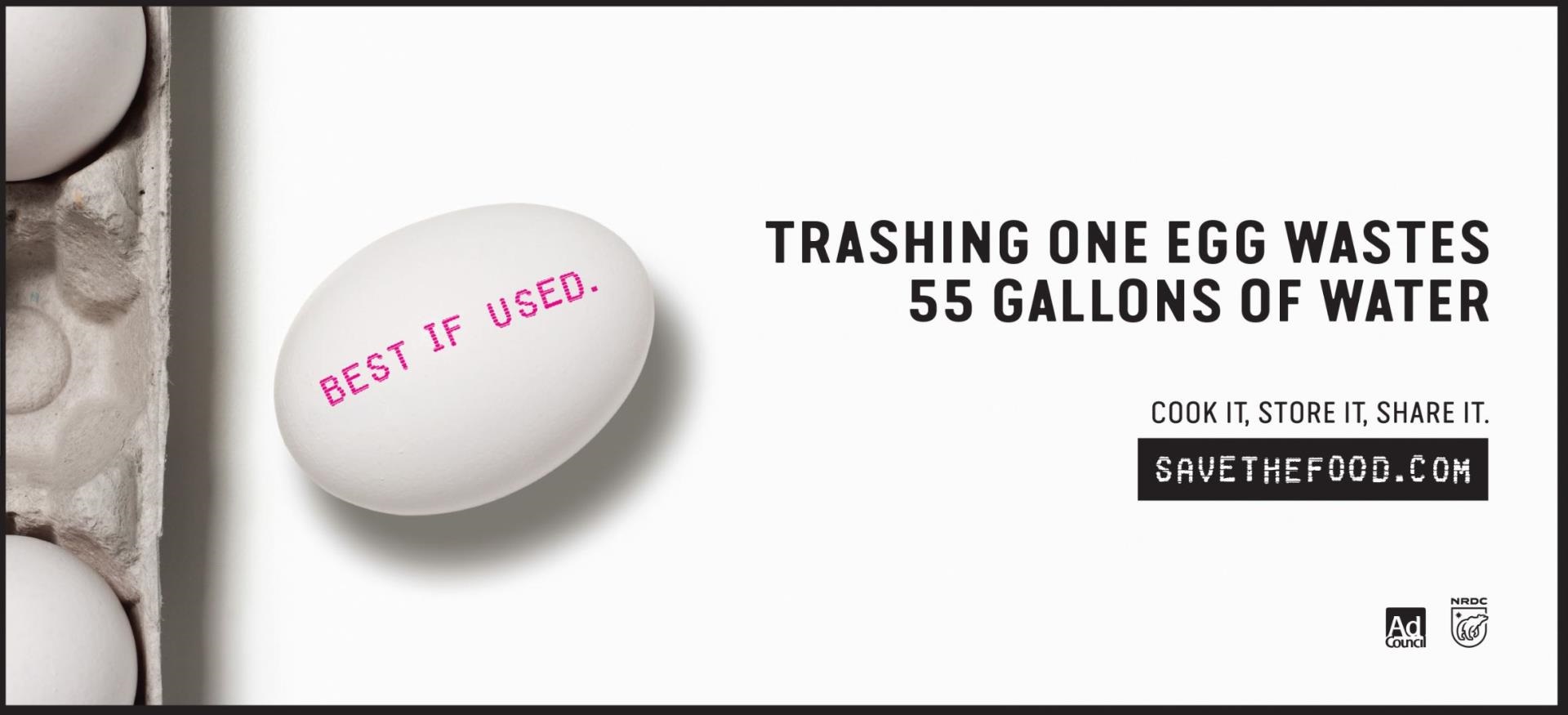Reduce
Wasted Food At Home
43% of wasted food in the United States comes from households.
Food is too important to throw away. By making small shifts in how you shop, prepare and store food, you can keep the valuable resources used to produce and distribute food from going to waste.
Check out the downloadable tools below and food-saving tips linked Food: Too Good to Waste for tips to save money while reducing wasted food through proper planning and storing of materials.
Wasted food refers to edible food that is not eaten for one reason or another. Inedible food scraps such as banana peels, apple cores and bones are not included—they should be composted.
Learn the Labels
Best By, Best if Used By, Enjoy By: Relates to peak flavor or quality, not food safety.
Use By: Is for food that could become unsafe if not used before a certain date, such as meat, fish and dairy products. These are generally set by retailers or brands following guidance from health safety organization.
Sell By: The store must sell by this date or remove them from the shelves.
Proper Food Storage
Depending on how you store or refrigerate certain foods you can extend or decrease shelf life of item. For example if potatoes and onions are stored together, the gas from the onions will cause the potatoes to sprout. Cheese in sealed plastic will sweat from water evaporation, for a longer shelf life it is recommended to wrap cheese in wax paper.
Learn more about food storage.
External Resources
Food Saving Tips 
Food Share and Food Donation
- The City of Culver City will soon have a food donation program. If your business is interested in participating please contact the Environmental Programs & Operations Division at sustainability@culvercity.org or call (310) 253-6440 to learn more about the program. Funded by a Grant from the Department of Resources Recycling and Recovery (CalRecycle) through California Climate Investments.
![CalRecycle Logo Color Stacked[41].jpg](/files/content/public/v/7/services/trash-recycling/zero-waste-culver-city/calrecycle-logo-color-stacked[41].jpg?w=500&h=359)

Film and Media
Plastic Bottle Waste
Do your part in reducing plastic bottle waste. Here are 4 simple ways to get started:
-
Discontinue purchasing plastic bottles. Instead, purchase a reusable bottle.
-
If you purchase a plastic bottled beverage, recycle it after use.
-
Purchase an at-home water filter to keep in your refrigerator.
-
Encourage reuse within your household and/or workplace.
Reduce
Wasted Food At Your Business
The Commission for Environmental Cooperation (CEC) issued a technical report and practical guide on food loss and waste measurement(PDF, 2MB) .
- "Why and How to Measure Food Loss and Waste: A Practical Guide" is an easy-to-use tool for businesses to apply in measuring the quantity of food wasted in their process activities. This new tool has the power to alter an organization's practices, reducing operational costs while also helping to reduce the environmental impacts of our food production system.
- The technical report, "Quantifying Food Loss and Waste and Its Impacts," that was released along with the guide, provides methods to quantify food loss and waste and food surplus across the supply chain, as well as tools to estimate the environmental, financial and social impacts of food loss and waste.